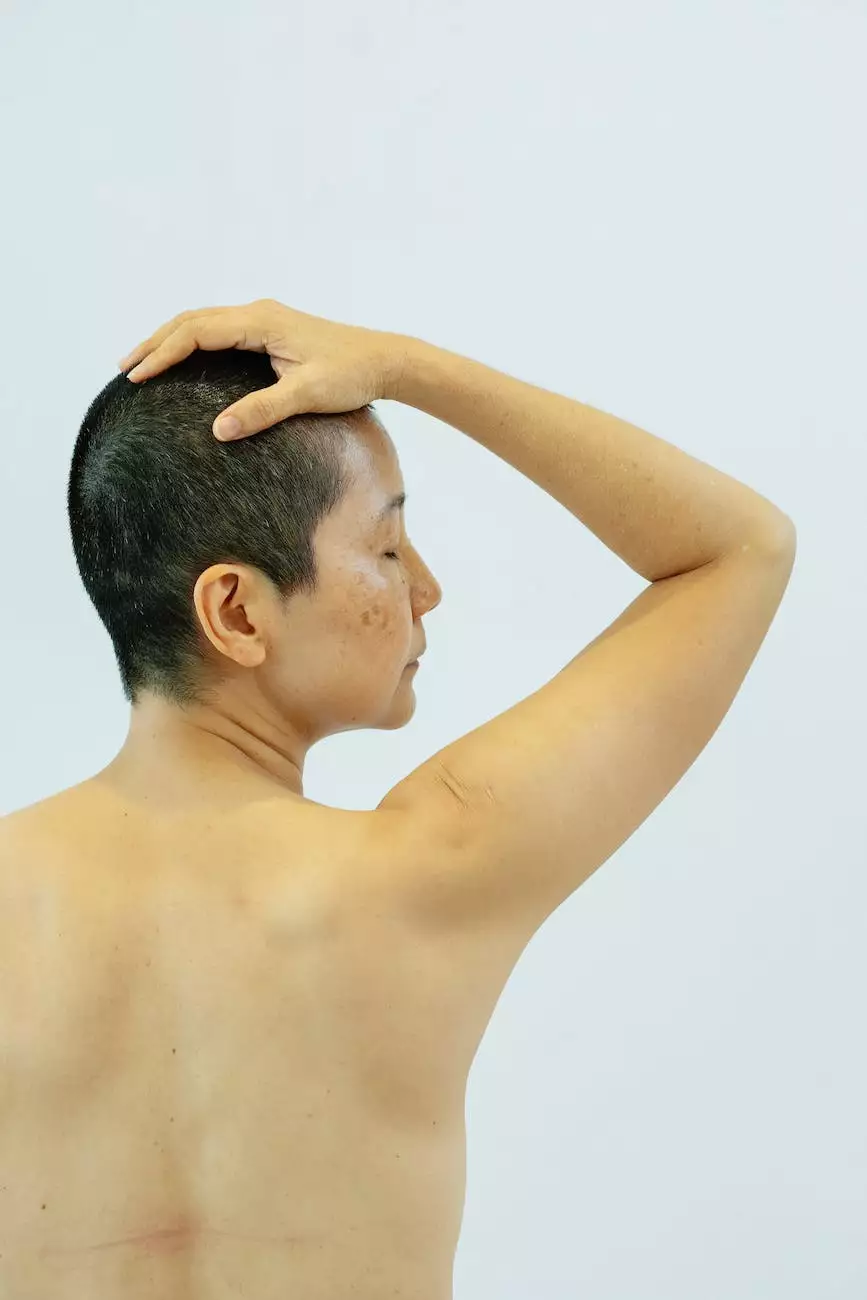Postpartum Depression

Introduction
Thank you for visiting Body Fusion, where we believe in promoting holistic mental and physical well-being. In this detailed guide, we aim to shed light on one of the most common yet often overlooked conditions affecting new mothers: postpartum depression. Our team of experts are dedicated to helping you understand postpartum depression, its symptoms, causes, and providing you with effective treatments tailored to your needs.
What is Postpartum Depression?
Postpartum depression, also known as postnatal depression, is a prevalent mental health condition that affects women after childbirth. It is not uncommon for new mothers to experience mood swings, exhaustion, and feelings of sadness in the first few weeks after giving birth. However, when these feelings persist and intensify, it may be an indication of postpartum depression.
The condition not only impacts the mother's emotional well-being but can also affect her ability to care for her baby and bond with them. Understanding the signs, causes, and seeking appropriate treatment are crucial steps towards a healthy recovery.
Symptoms of Postpartum Depression
The symptoms of postpartum depression can vary in intensity and duration. Recognizing these symptoms early on can help in seeking timely assistance. Some of the common signs of postpartum depression include:
- Intense or prolonged feelings of sadness, emptiness, or hopelessness
- Loss of interest or pleasure in activities once enjoyed
- Excessive fatigue or lack of energy
- Changes in appetite and weight
- Difficulty concentrating or making decisions
- Feelings of guilt, worthlessness, or inadequacy
- Withdrawal from loved ones
- Irritability, restlessness, or persistent anxiety
- Thoughts of self-harm or harming the baby
Causes of Postpartum Depression
Postpartum depression doesn't have a single, definitive cause but rather arises from a combination of factors. Hormonal changes, such as rapid drops in estrogen and progesterone levels after childbirth, can contribute to emotional instability. Other factors that may increase the risk of postpartum depression include:
- A history of depression or mental health disorders
- Stressful life events during pregnancy or after childbirth
- Insufficient support system
- Difficulties in breastfeeding
- Sleep deprivation
- Relationship or financial problems
Treatment and Support
At Body Fusion, we understand the uniqueness of each individual's experience with postpartum depression. Our team of compassionate professionals is committed to providing you with the support and personalized treatment options you need to regain control of your mental well-being. Our approach includes:
- Therapy: Our team of therapists specialize in postpartum depression and can guide you through talk therapy sessions to address underlying issues and develop coping strategies.
- Medications: In severe cases, medication may be prescribed to help manage the symptoms of postpartum depression. Our highly skilled psychiatrists will assess your situation and recommend appropriate medications if necessary.
- Lifestyle Changes: Incorporating self-care practices, regular exercise, and a healthy diet can significantly contribute to your overall well-being. Our experts can provide guidance in adopting these positive changes.
Recovery and Future Well-being
While postpartum depression can be overwhelming, it is important to remember that it is temporary and treatable. Seeking professional help and having a solid support system can make a world of difference in your recovery journey. At Body Fusion, we are dedicated to helping you overcome postpartum depression, regain your inner strength, and foster a nurturing relationship with your baby.
If you or someone you know is struggling with postpartum depression, please reach out to us for a confidential consultation. Together, we can navigate this challenging time and empower you to embrace a brighter future.










